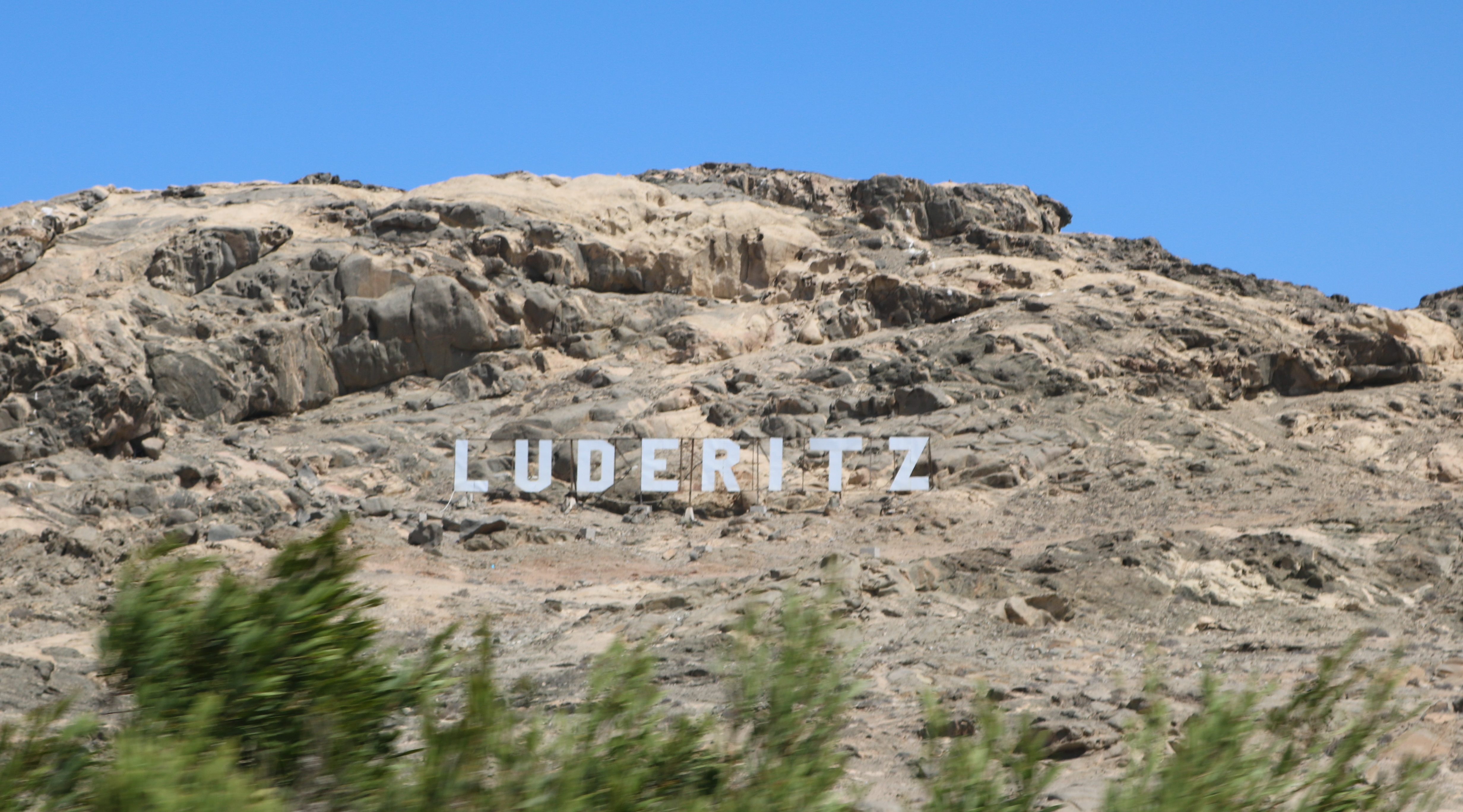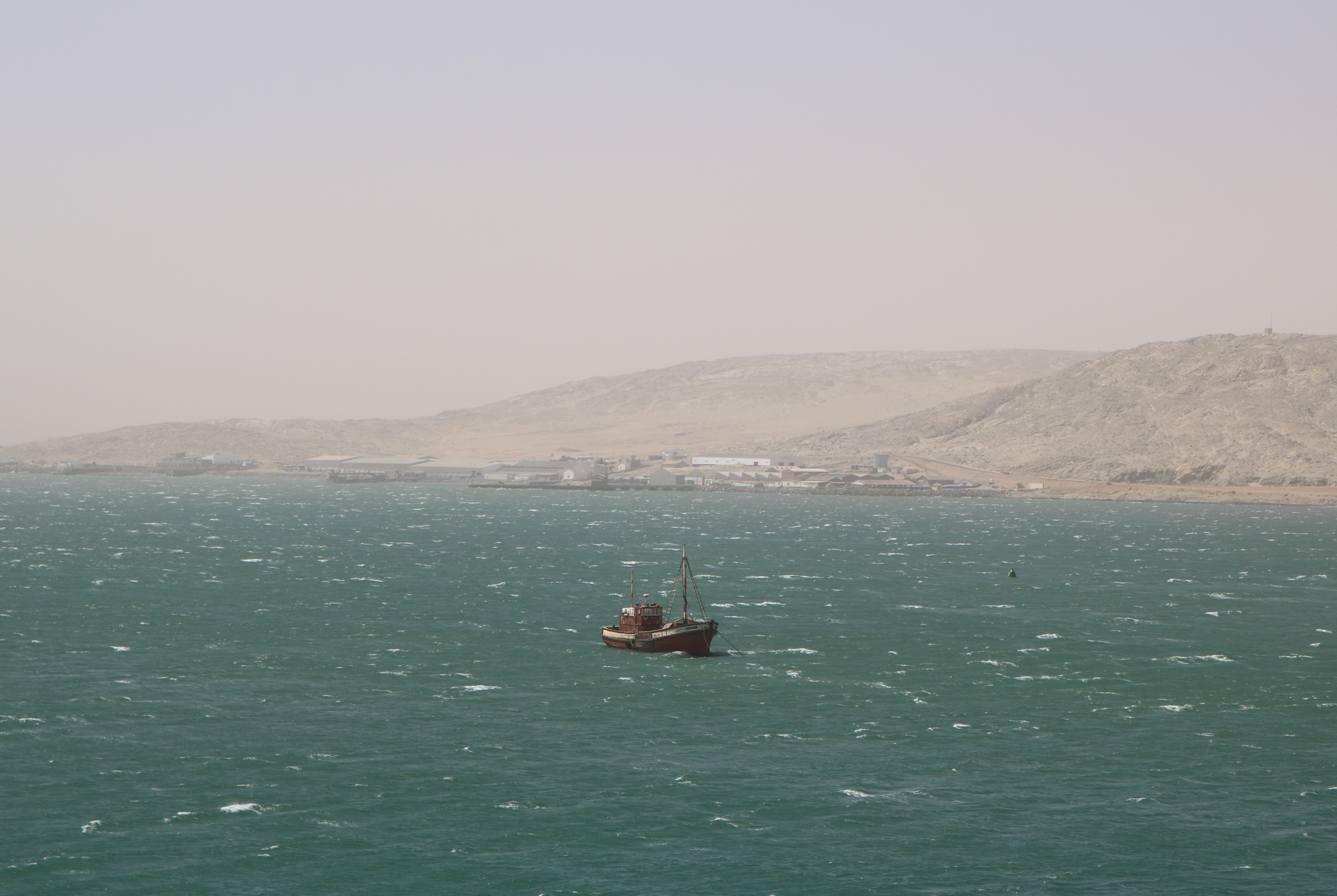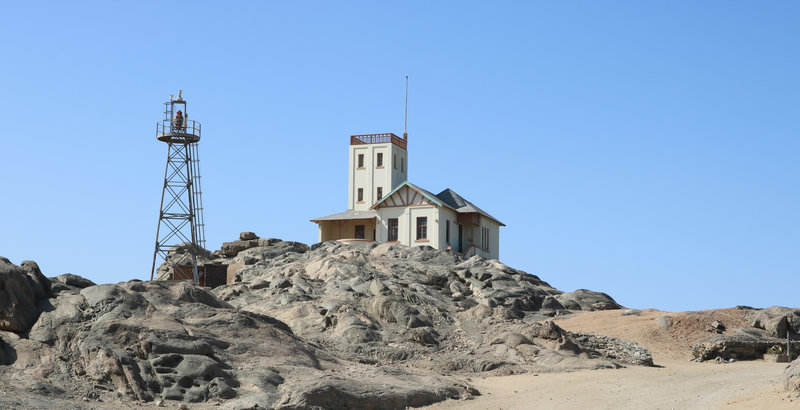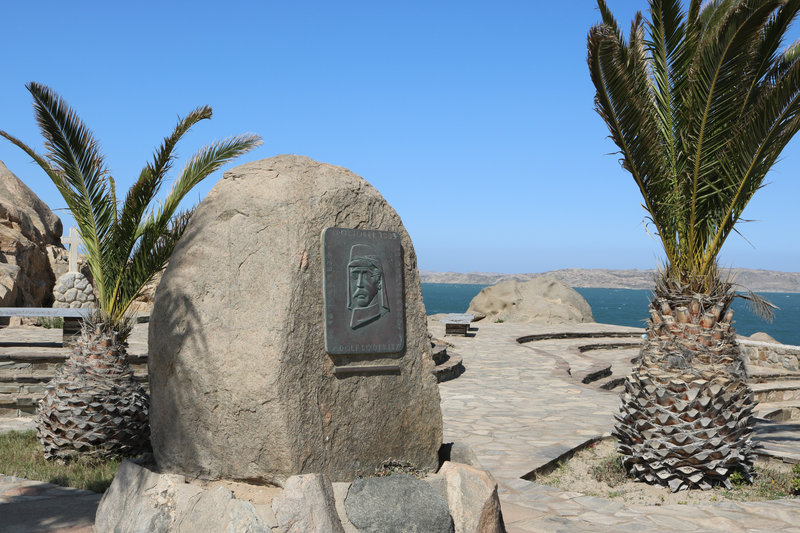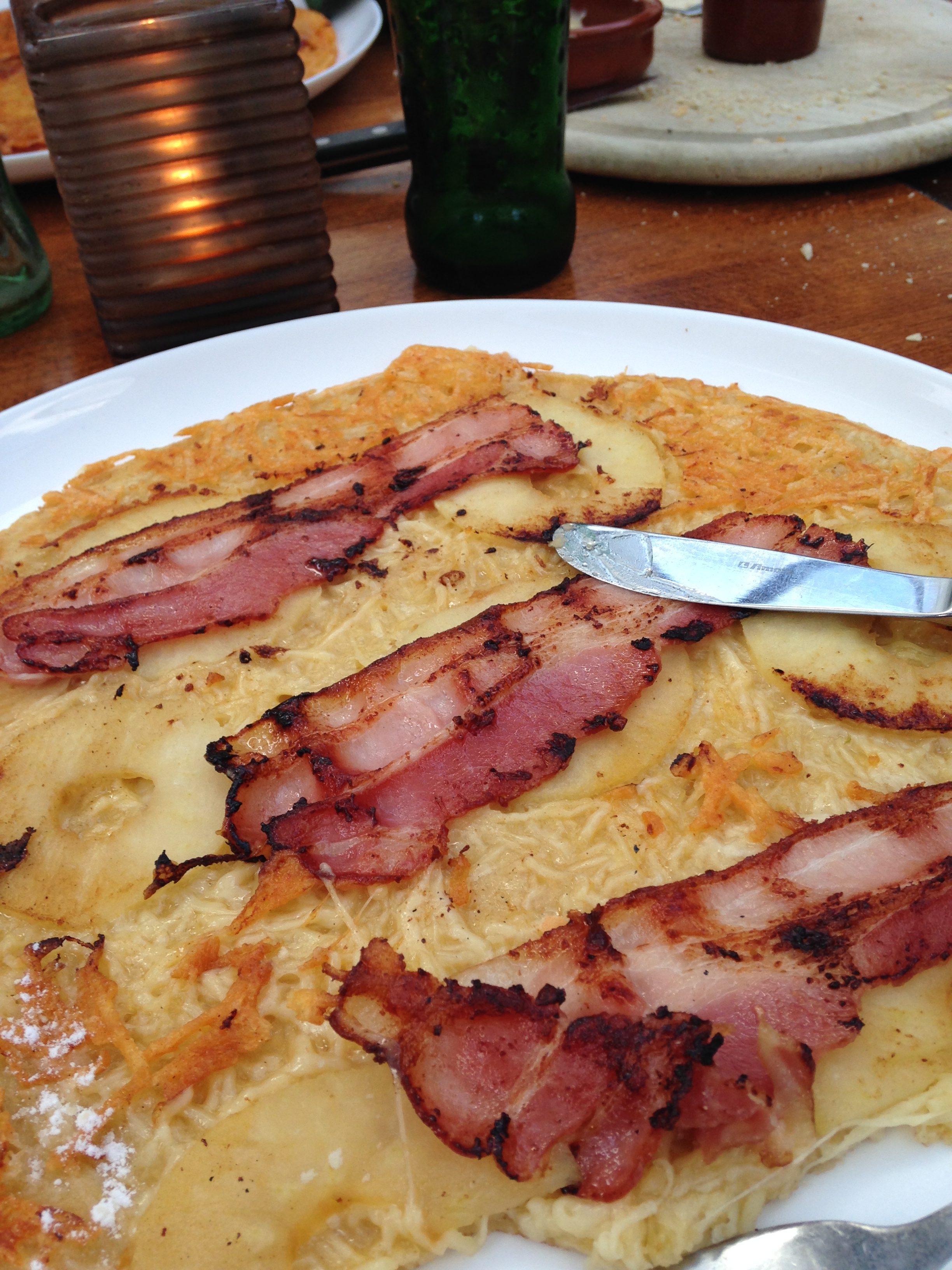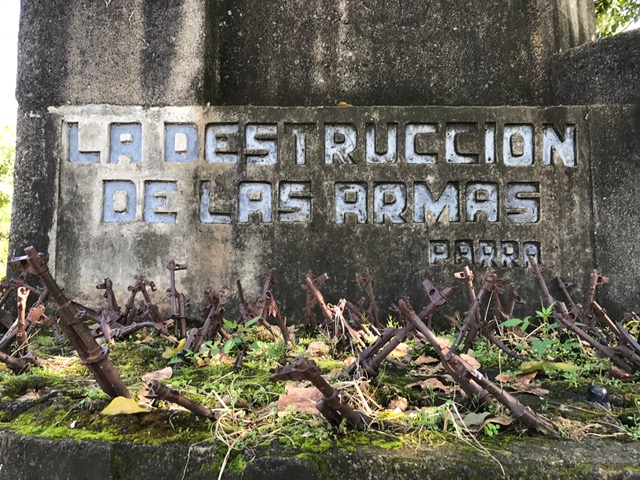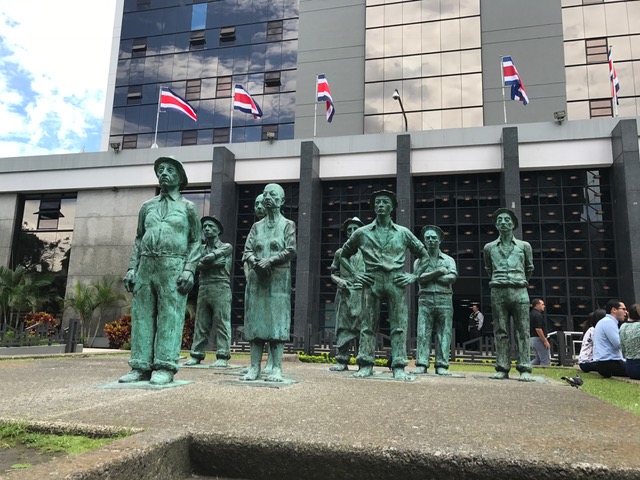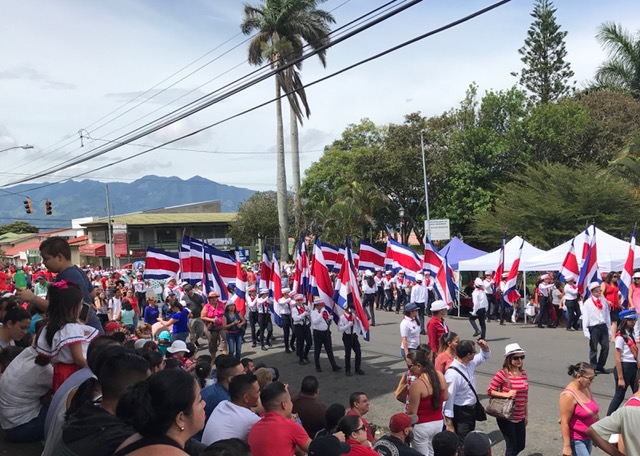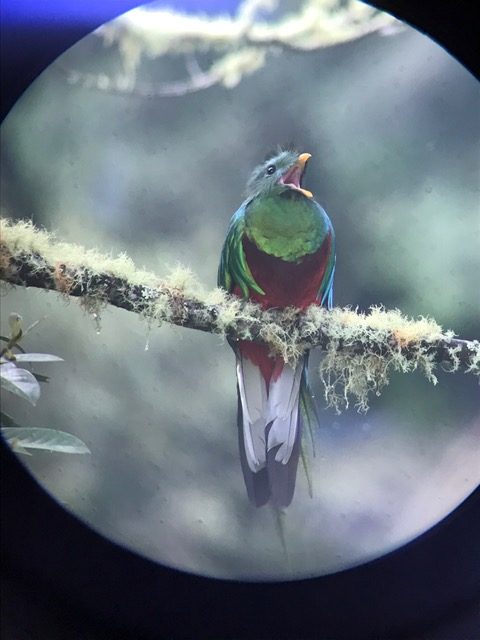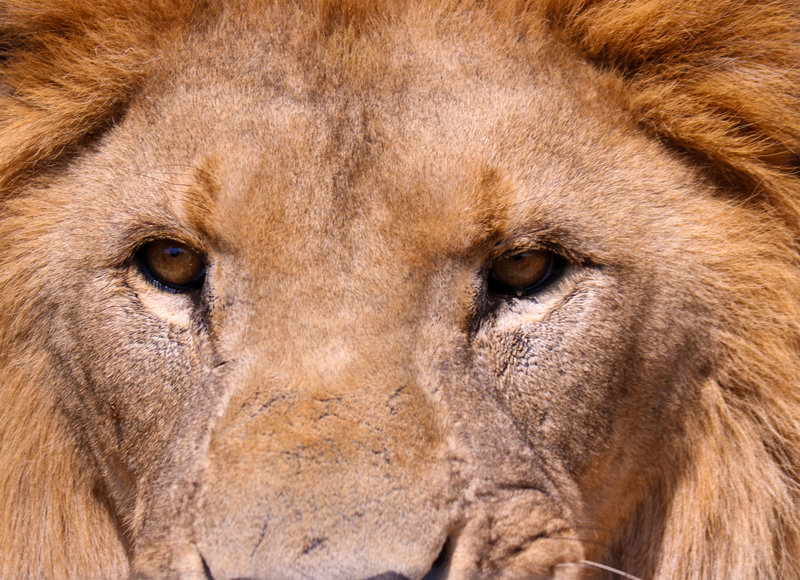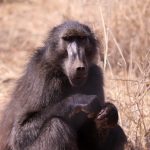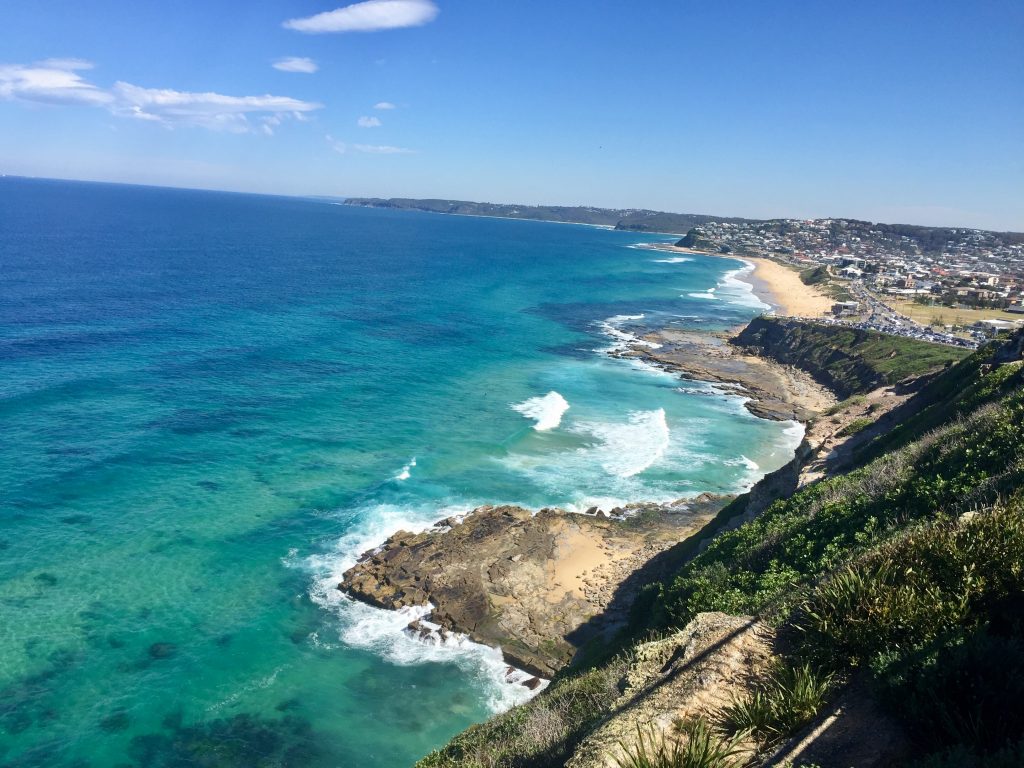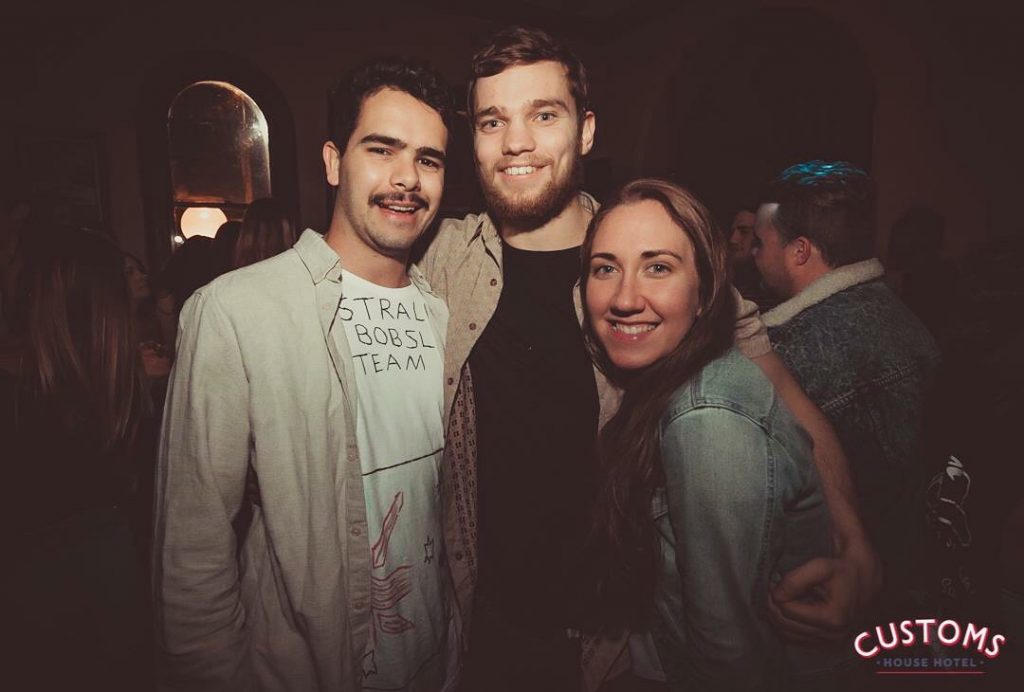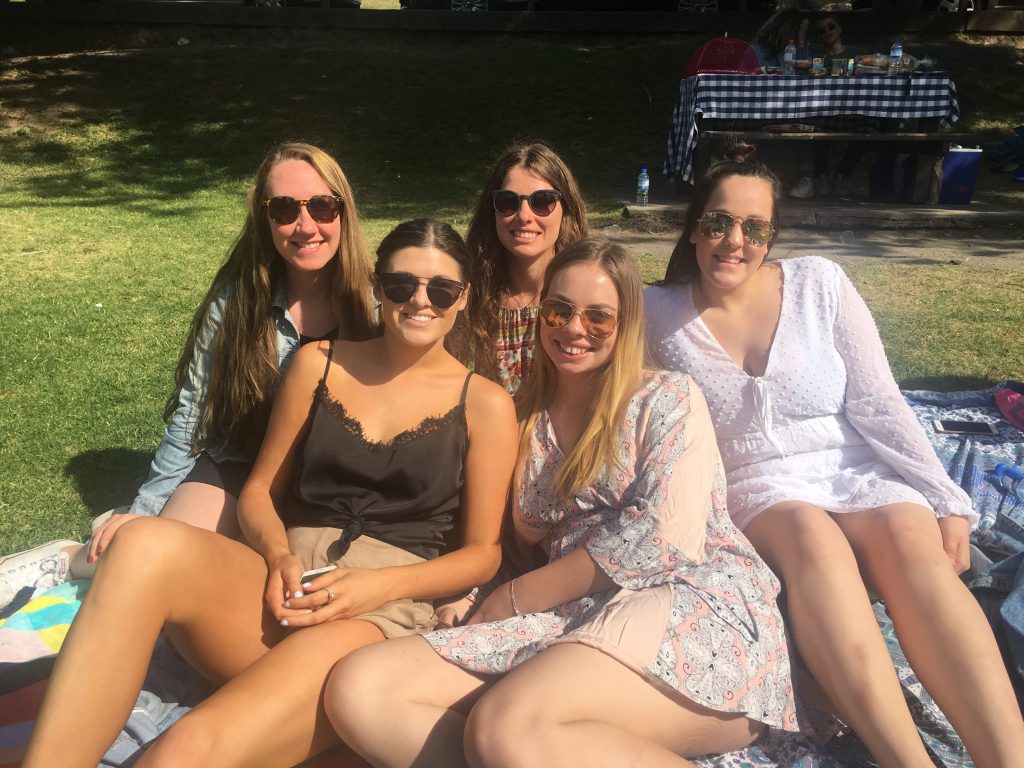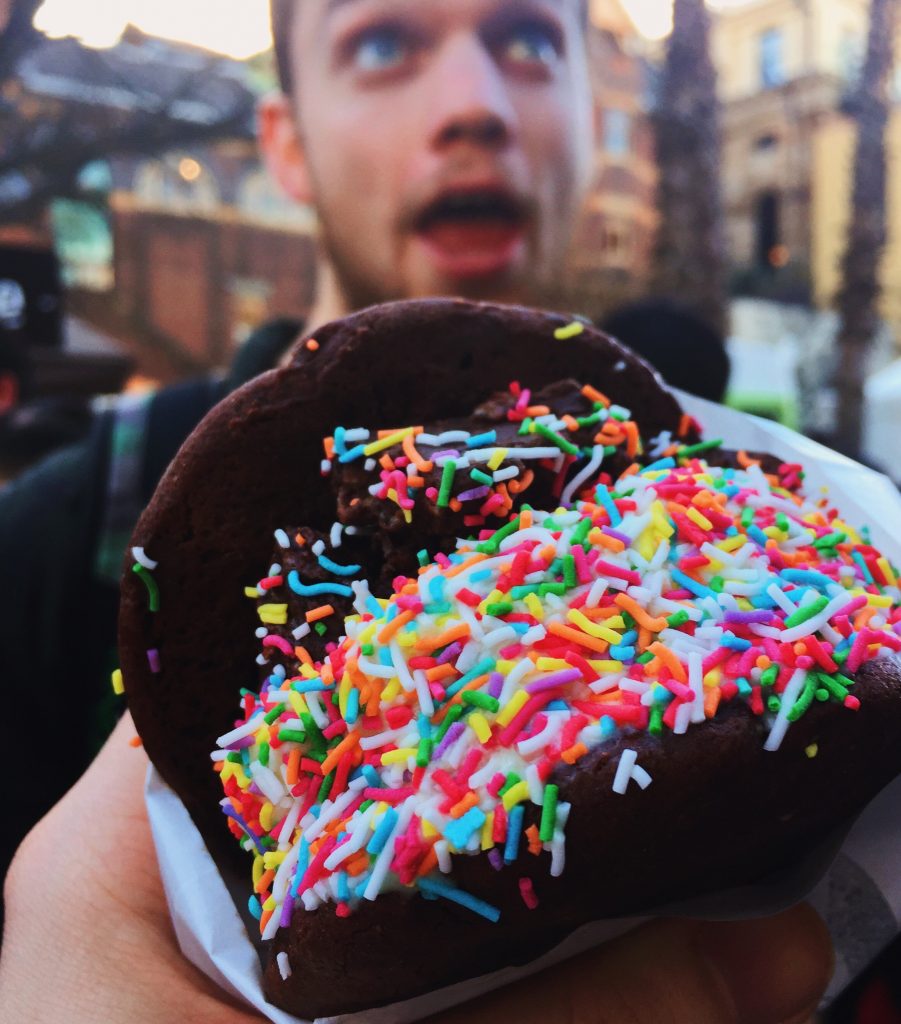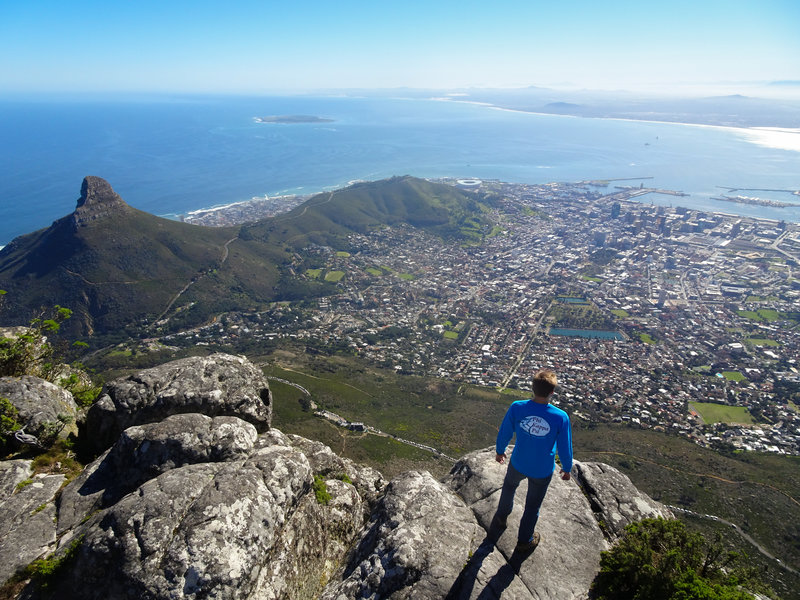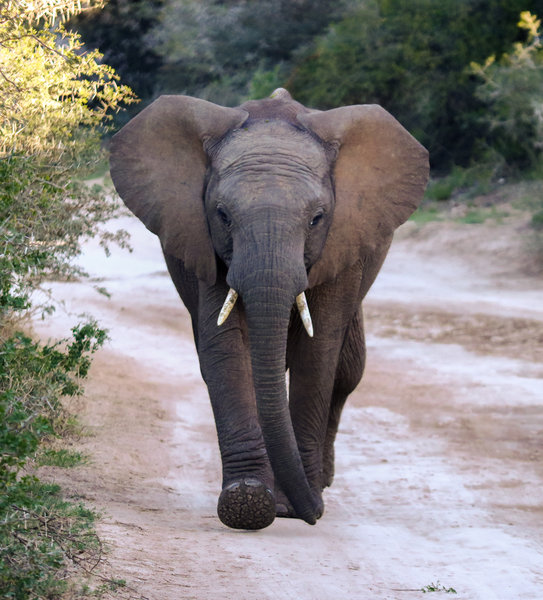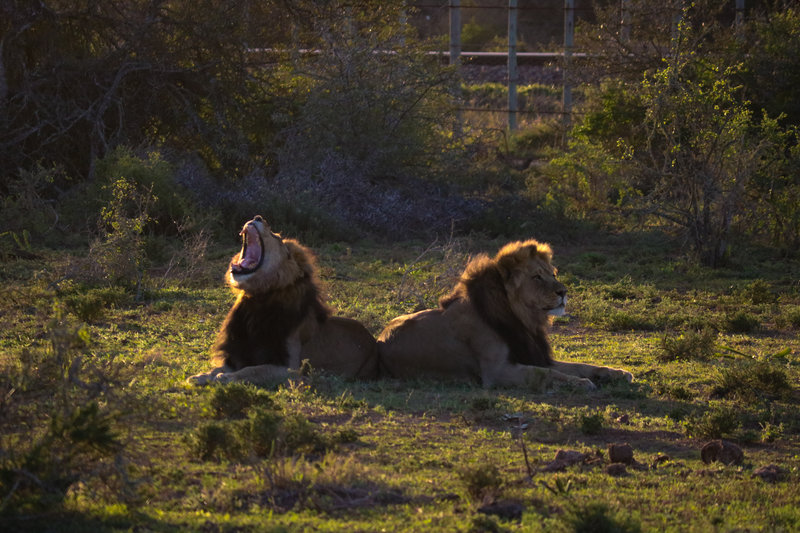Author: Zoe Henkes
Location: San Jose, Costa Rica
Studying abroad can be an amazing experience full of new and exciting adventures. However, there can also be difficulties along the way. I think that we tend to fixate on only the good things, when in reality, the challenging times can be just as beneficial to one’s experience and personal growth.
The first and probably most obvious challenge that one might face while studying abroad in a Spanish-speaking country is the language barrier. I expected this to be difficult, but not this difficult. I have been taking Spanish classes since the 7th grade, and am also a Spanish minor at Valpo, so I thought I would be somewhat prepared. This was not exactly the case. First of all, they talk so fast. It really catches me off guard sometimes, as it takes a few seconds to process the information. You wouldn’t think that’s a long time, but the next time you have a conversation, think about how it takes all but a split second for your brain to interpret what is being said and generate a response—it’s fascinating how that works!
Another thing that has been difficult is that there is so much slang used in daily conversation that you don’t learn in regular classes. For example, if you are talking about a challenging situation or activity, they will say, “cuesta mucho.” The literal translation is that it “costs a lot” so this really caught me off guard when my host dad said that in conversation with me because I thought he was talking about money. The phrase is actually used to describe something that is really difficult or enduring. There are also phrases specific to Costa Rica that I had never used before coming here. Examples of this are “mae,” which means dude, more or less, and “pura vida,” which one could equate to the infamous phrase hakuna matata.
At first, I was super overwhelmed by the language immersion to the extent that I was sort of on a sensory overload. However, I’ve gotten used to it and now I can tell that my Spanish is improving. My piece of advice for others who plan to become immersed in a different language for the first time, like myself, would be to not get too frustrated or embarrassed if you don’t understand everything right away. At times, it can feel like you are boxed in because you can’t communicate everything that you would like to or as effectively as you can in your first language, but you have to remember that learning a second language takes time. Additionally, as a part of the semester program in Costa Rica, you will take intensive Spanish Language courses from the University of Costa Rica during your first month, which helps a lot in jumpstarting your grammar and conversational skills. In all, even though Spanish has been more difficult than I had expected, I have tried to be less shy about making mistakes, for the best way to learn is to make mistakes. Even still, I continue to learn new things and take each new day as it comes.
Secondly, the United States is described to have an individualistic culture, whereas Costa Rica has a more collectivist culture. In other words, in the United States, we tend to like our personal space and privacy. In contrast, based on what I’ve noticed from living here for almost two months now, there is more of a what’s mine is yours attitude. In my host family, there is a lot of time spent out in the common space. To say the least, there’s usually never a dull moment. Frequently, we have family friends, relatives, or other guests over. It’s also not uncommon for someone to be blasting reggaeton or pop music (surprisingly, a lot of US pop songs are also popular here). Sometimes, I catch myself wanting to revert to my room to do homework or read a book, but I have tried to make an effort to spend more time with my host family. Along those same lines, it’s been an adjustment getting used to living with a family, in itself. This sounds weird when I put it that way, but think about it: at Valpo, we are on our own and independent. We live away from our parents and can go get food whenever we have time or whenever we are hungry. We can go visit our friends in different rooms or dorms even if it’s late. We can go to the library if we need a quiet space to study almost whenever we please. Living with a host family is sort of like being back in high school. By that, I mean that your host family will worry about you if you come back late or if you start feeling a little sick. They will cook delicious food. And yes, you do have a curfew named the sun (as in the big star the shines during the day). While the neighborhood is pretty safe, it’s not advised to walk outside alone at night. This means that by about 6:00 pm when it gets dark, I can’t really go do anything on your own. Usually this isn’t a concern, but it can sometimes be irritating if class goes late or I want to go somewhere at night. Overall, these differences aren’t bad by any means, they just take a little time to adjust to. Even though there is sometimes a lot going on at once or I miss the level of independence that I have at college, I love the camaraderie and love for one another that my family expresses. In the end, I feel blessed to say that I have a second family that cares about me and my well-being, and it has truly been an amazing journey getting to know and love them.
In conclusion, I think it is good to reflect on the challenges as much as the successes because the both contribute to the journey as a whole. In this time, I have been able to construct a bicultural identity in which I am both Tica and estadounidense. There are aspects of Costa Rican culture that I like and would like to incorporate more in my life, and there are aspects that I don’t like as much. Likewise, there are things that I do and don’t like about life in the United States. In all, this time has really broadened my perspectives on different lifestyles, making it more clear as to which aspects I value the most and what kind of person I truly want to be.


